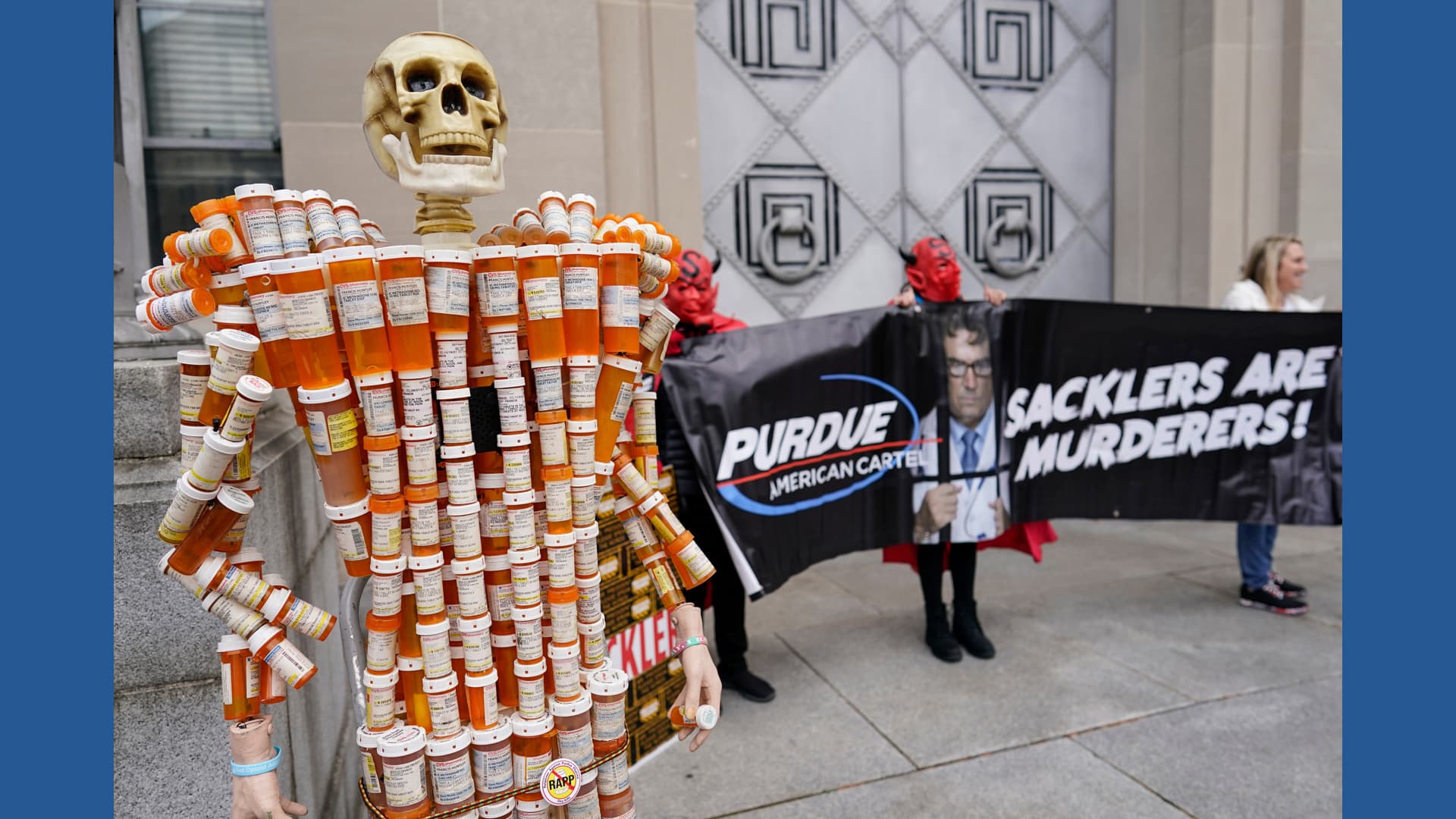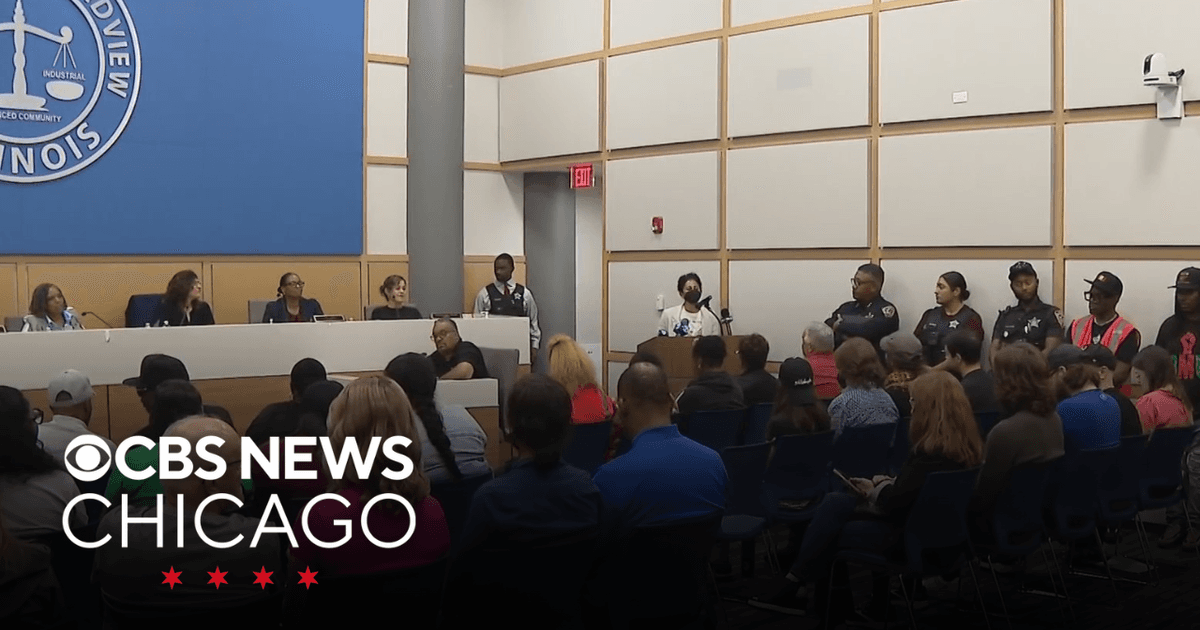Tensions Rise in Broadview as Mayor Declares Civil Emergency
Broadview's mayor declared a civil emergency on November 13 after receiving threats directed at her and other municipal officials, a move that coincided with an escalation of street protests. The declaration raises immediate questions about the balance between public safety and constitutional rights, and it spotlights broader debates about how local officials use emergency powers amid charged political climates.

On November 13 Broadview's mayor declared a civil emergency after what the municipal office described as threats against her and other local officials. The declaration came as protests in the suburb intensified, with demonstrators gathering near municipal buildings and along key thoroughfares. Local authorities characterized the action as a necessary step to manage public safety risks, while civil liberties advocates warned that emergency powers can chill lawful protest and must be narrowly applied.
Civil emergency declarations typically grant municipal leaders temporary authority to coordinate law enforcement resources, restrict certain public activities, and control access to public spaces. In Broadview the mayor invoked those powers amid an atmosphere of heightened tension, but municipal officials have so far provided limited public detail about the specific measures that would follow or the legal criteria that justified the declaration. That lack of transparency has fueled further public concern and prompted calls for clear oversight from elected officials and the courts.
The situation in Broadview underscores a larger institutional question about the use of emergency authority at the local level. Mayors and municipal managers face a dual responsibility to protect residents and to preserve constitutional freedoms. The absence of a transparent threshold for invoking emergency powers risks politicizing responses to dissent and can erode public trust in local government. Municipal councils play a critical role in reviewing such actions, and state judicial review remains an important check when declarations are perceived to exceed statutory limits.
Public safety and policing are central to the policy debate unfolding in Broadview. When a small municipality declares a civil emergency it can trigger requests for mutual aid from county and state law enforcement, raising coordination issues and potentially altering the character of crowd management. Law enforcement agencies must balance deterrence of violence and property damage with deference to peaceful assembly, and operational directives adopted under emergency authority will be scrutinized for proportionality and necessity.
The timing of the Broadview declaration also reflects broader political currents. National rhetoric around urban security has intensified public attention on local governance choices, and proposals at higher levels of government to augment security measures can influence expectations on the ground. That dynamic complicates municipal decision making, particularly in communities where partisan and civic divisions are pronounced.
For civic engagement, the immediate effects are clear. Emergency measures that curtail assembly or limit access to civic spaces can reduce participation and amplify grievances, which may in turn shape voter attitudes ahead of local elections. Restoring public confidence will require transparent explanations of the threats that prompted the declaration, clearly delineated and time limited measures, and mechanisms for independent review.
As Broadview navigates the days ahead, local leaders, council members, and the judiciary will all play roles in determining whether the emergency measures remain a narrowly tailored response to specific risks or become a longer term feature of municipal governance. The unfolding response will test institutional safeguards designed to keep public safety efforts accountable while protecting the right to protest.


